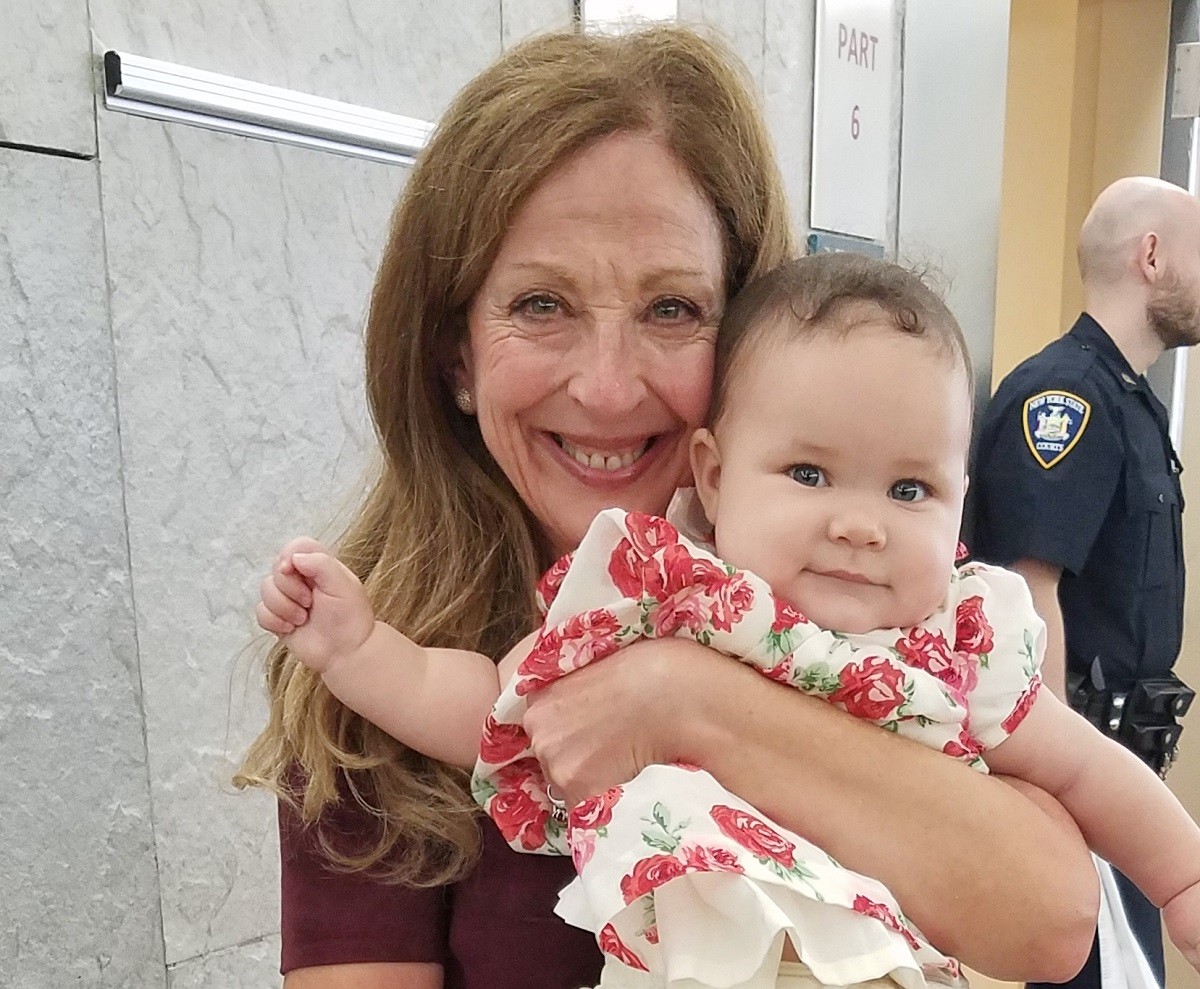Is it harder to adopt than it used to be? I thought about this question when I stumbled on this photo which my husband and I disseminated in our adoption quest thirty years ago. Beyond the nostalgia over seeing our younger selves, the photo made me reflect on the changes in adoption networking since we became adoptive parents.
Because there are fewer babies available for adoption, it is harder to adopt than when I adopted my kids. Yet the broad accessibility of the internet and smartphones, unimaginable just a decade ago, makes the process of connecting with birth mothers easier.
Lower birth rates and the closing of international adoption make adoption harder.
Fiercer competition among those seeking to adopt and fewer babies available for adoption are the result of the lowest U.S. birth rate in decades and the closing of international adoption. Adoptions of orphans from abroad have almost dried up for U.S. citizens due to two factors. First, the two countries which sent the greatest number of children for adoption to the U.S., Russia and China, have virtually ended their adoption programs because of political reasons. Second, the U.S. became a party to the Hague Convention on the Protection of Children and Co-operation in Respect of Intercountry Adoption. Since many countries which previously had thriving international adoption programs cannot afford to comply with the Hague Convention, there are very few international resources for U.S. adoptive parents.
Those seeking to adopt internationally must now turn to domestic adoption, increasing the number of prospective adoptive parents in the U.S. Another reason adoption is harder is the liberalizing of societal attitudes towards single mothers, leading to more single women choosing to raise children, rather than seeking adoption.
The good news is that the internet and smartphones have made it much easier to connect with birth mothers.
The good news is that, although there are fewer babies being placed for adoption, the internet and smartphones have made it much easier and less expensive to connect with birth mothers. A decade ago, most people did not have easy access to a computer or the internet. Today an expectant mother anywhere in the U.S. hoping to make an adoption plan for her baby can easily search online for adoptive parents using her smartphone. Previously, adoptive parents would pay large placement fees to adoption agencies to locate a baby to adopt. With many adoption agencies closing, adoptive parents are turning to online advertising and networking to connect with birth mothers through private adoption. Private networking can be less expensive than agency adoption and can lead to successful domestic adoption. An experienced adoption attorney can guide adoptive parents through the process of private interstate adoption, interviewing birth mothers, obtaining their social and medical history and medical records, and coordinating compliance with adoption laws in the adoptive parents’ and birth parents’ states.
So while adoption is harder than it used to be in some respects, it is also more accessible and can still be highly successful.


